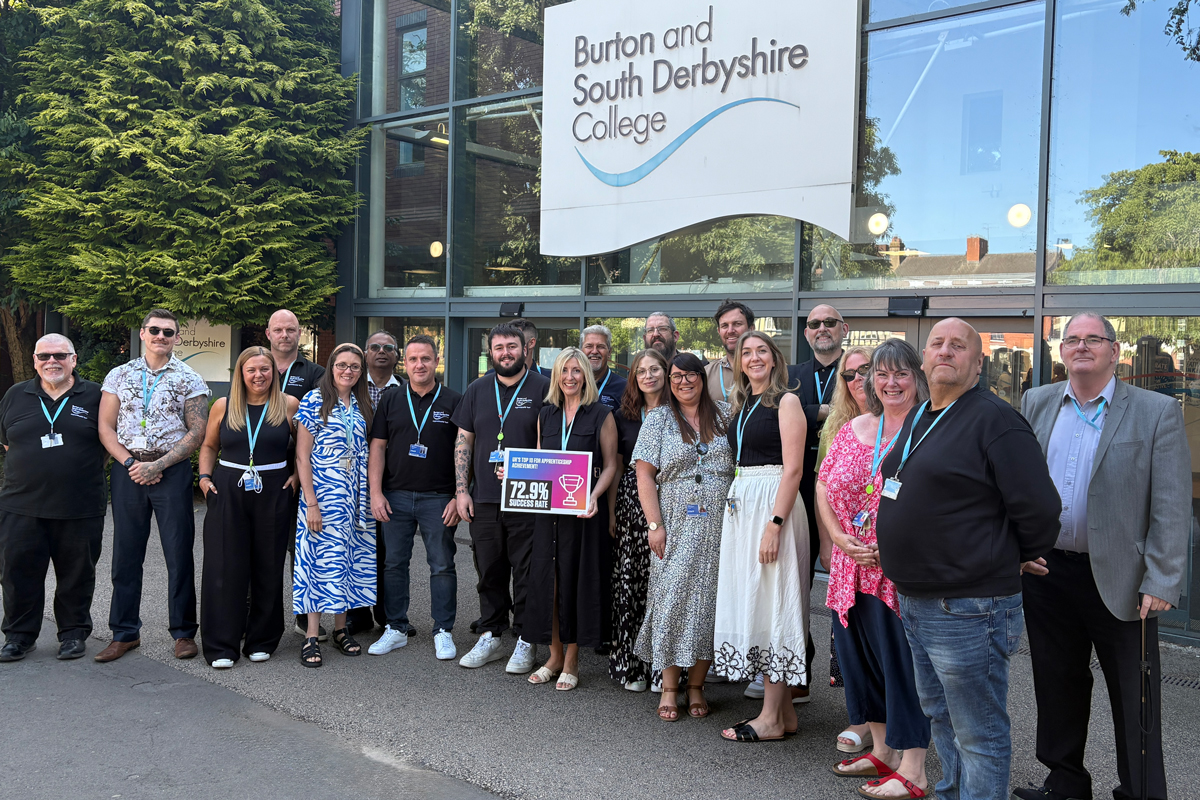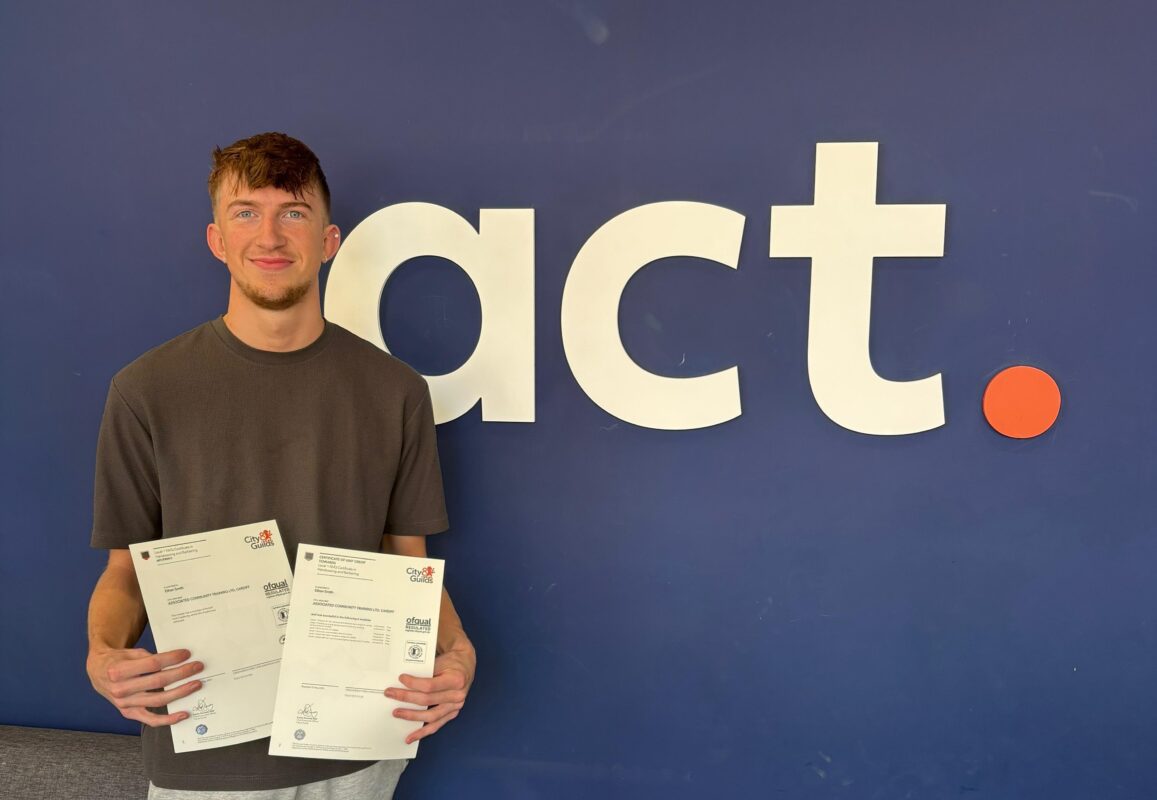PI-TOP LEARNING SYSTEM TO BRING STEAM LEARNING TO CLASSROOMS WORLDWIDE

“Learning by Making” Approach Designed to Prepare Students for Future Success
Learning company pi-top™ today launched the pi-top Learning System, an educational ecosystem including all the products, curriculum content, teacher and student training, and support to transform the classroom into a mobile makerspace with robust computer science instruction.
The pi-top Learning System, available worldwide, is designed to provide students with valuable science, technology, engineering arts and mathematics (STEAM) knowledge, while building the skills students need to take on the future, such as problem-solving, teamwork, creativity and critical-thinking.
The pi-top Learning System provides educational institutions with a complete “Learning by Making” experience, powered by a suite of up to 30 devices and peripherals, a charging cart, software and curriculum, teacher training, a limited lifetime warranty, and unlimited customer support.
“All students need access to real-world, applied learning experiences that empower them to gain the skills they need to thrive in life,” said Jesse Lozano, pi-top CEO. “We believe students embracing ‘learning by making’ is vital to their future success – and the success of the global economy. Our mission is to give every learner an exciting, engaging pathway into the world of computer science, coding, engineering and design, enabling them to develop the skills they need to reach their full potential.”
Pi-top Innovation Challenge
The pi-top Learning System includes the pi-top Innovation Challenge, a multi-disciplinary technology program with a highly engaging, student–centered approach that allows students to apply physical computing to solve challenges based on real–world topics.
Open exclusively to pi-top Learning System schools, the three-phase Innovation Challenge offers the structure and resources that give students with no prior computer science knowledge an array of relevant skills:
- Learning by Making: Students learn and relearn through hands-on experimentation and collaboration;
- Electronics: Using the pi-top Inventor’s Kit, students build interactive programmable circuits using a range of input and output devices;
- Programming: Students use and gain an understanding of the Python programming language by bringing their physical designs to life through coding;
- Mechanical Design: Students enhance their making and coding skills by using a host of additional components to create digital and robotic mechanisms and address real-world issues;
- Project-Based Learning: Project-based learning facilitates researching, brainstorming, collaborating, and creating, offering students opportunities to shape their learning and articulate their processes and visions to an audience.
Students advance through the Innovation Challenge in three phases:
- Phase one is discovery, where learners face challenges that develop initial skills and enable discovery and exploration.
- Phase two is extension, where learners develop critical thinking and creative skills that enable them to address greater challenges.
- Phase three is creation, where learners work together, combining their abilities to understand and solve real-world problems in their schools or communities.
“Learning by making allows my students to collaborate more,” said Neil Mittal, All Saints Episcopal School, Ft. Worth, Texas. “Rather than working on projects individually, they can talk to each other, share their ideas and improve their outcomes. The pi-top Learning System has allowed my students to explore a variety of projects and, because of its breadth, it has helped them understand how to apply what they’ve learned to the real world.”
About pi-top: pi-top™ is one of the industry’s fastest growing education technology companies, with headquarters offices in London, Austin, Texas, and Shenzhen, China. The pi-top hardware platform is an award-winning ecosystem used around the world in more than 2,000 schools, blending physical computing and project-based learning with Computer Science and STEAM (science, technology, engineering, arts and math) education. The company’s goal is to inspire its customers to develop the skills of tomorrow and create their future, today.











Responses